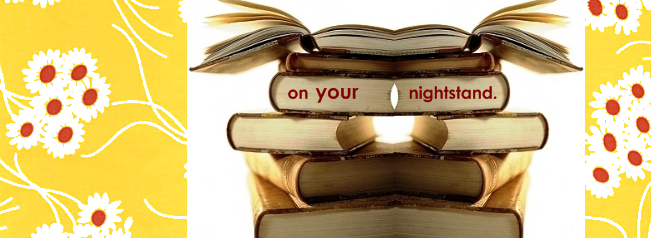Another good read - passed on to me by Phoebe and the Dequer girls one and all!
 I confess I was a little put off by the title - thought it might be some Mitfordish concoction (I loved the Mitford books at first - but then they got tedious.)
I confess I was a little put off by the title - thought it might be some Mitfordish concoction (I loved the Mitford books at first - but then they got tedious.)But it's a wonderful book - a fast read, in fact, it's an epistolary novel and is set just after World War II. It delves into the aftermath of the war in England - and also deals with Hitler, the rise of Nazism, and the island of Guernsey.
I'm not sure how much of the story is based on fact, but it's all very believable. The prose is spare but revealing. The characters are well-drawn. The plot line is compelling.
I don't think you can ask for much more. The pity is that it's a first novel - and the author died before it was published - a niece helped her finish it before she died. It was a great collaboration too.
I guess we will just have to wonder what else she might have written.
Now I'm on to the Maisie Dobbs books - recommended by Phoebe too.
As I have said before, I'm slowly catching up with yesterday's news!!



